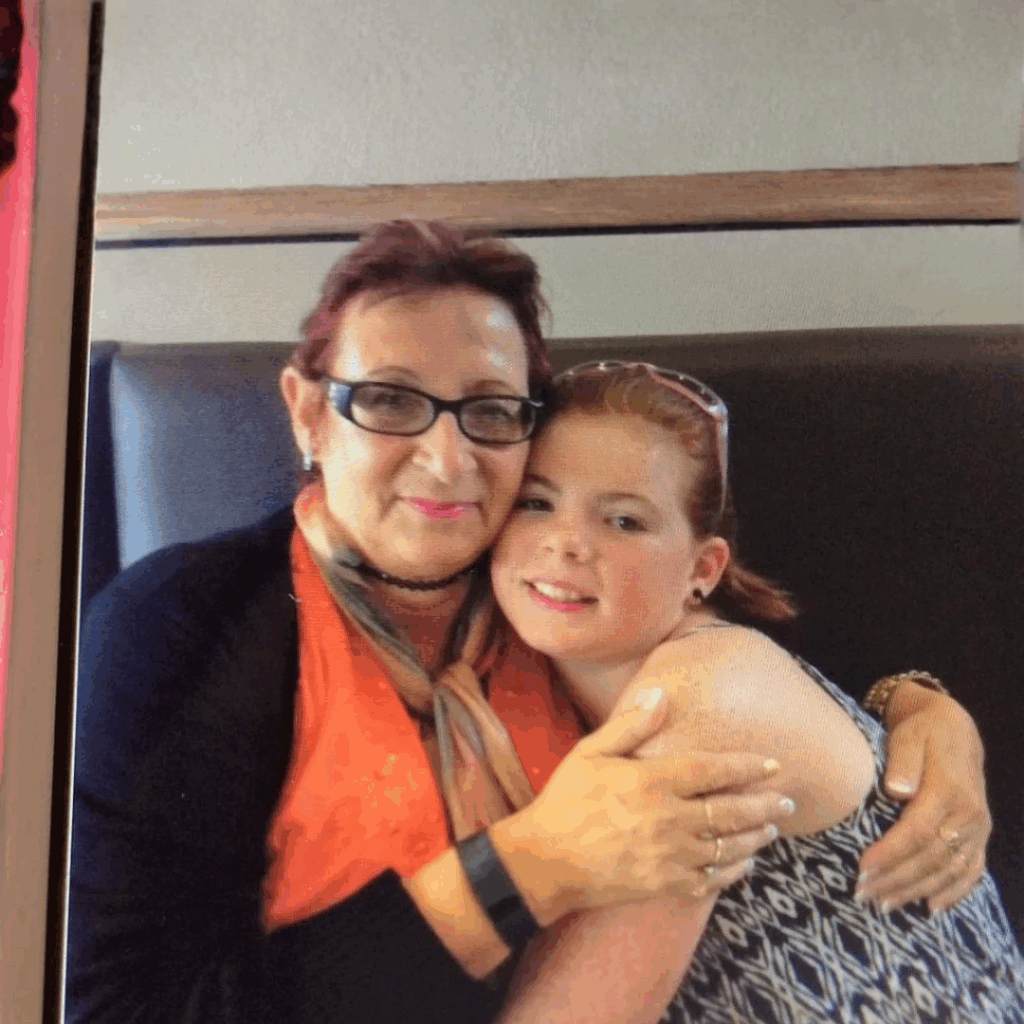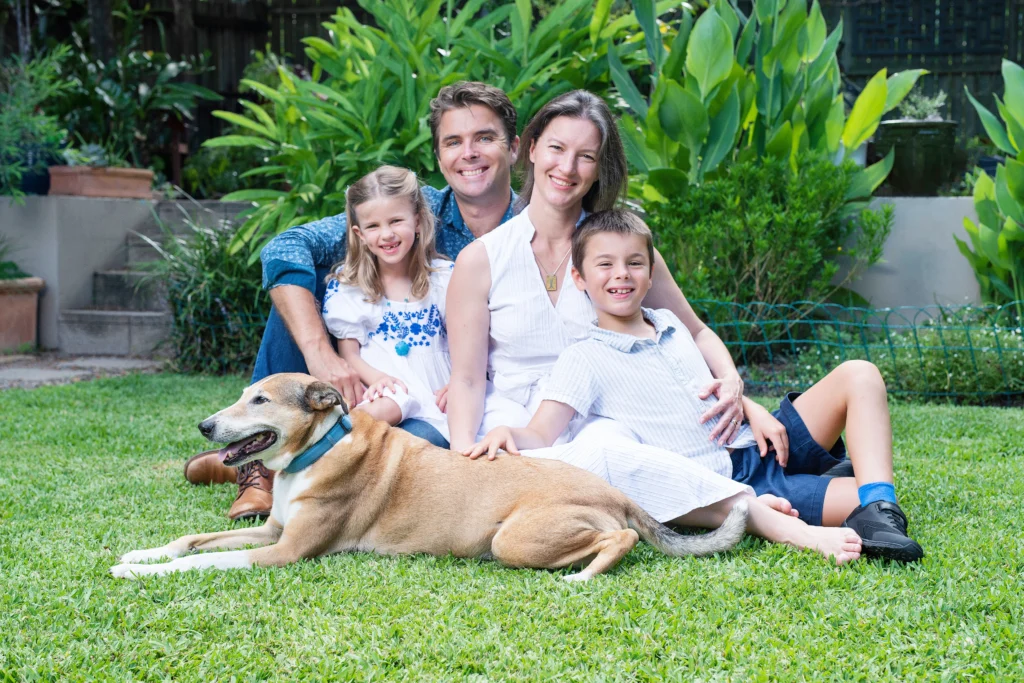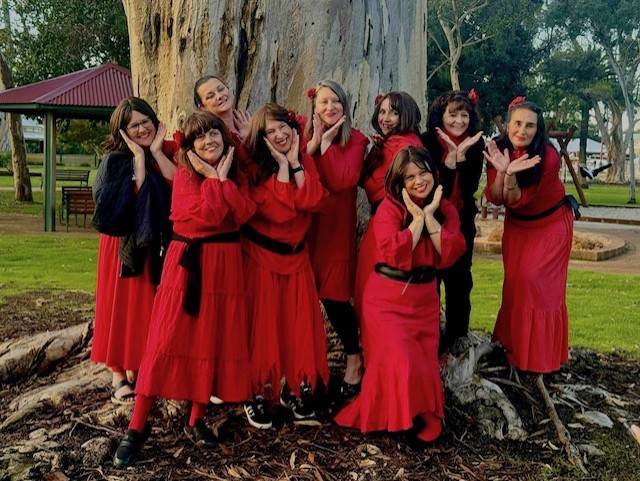Lung Foundation Australia spoke with John Ruttle, the support group leader for Nepean Puffers and Wheezers to chat about how he became involved in peer support, and how he shares responsibilities within the group whilst living with a lung condition.

John was diagnosed with COPD in 2005 and was given just 18 months to live. John had never heard of COPD and wanted to gather as much information as he could. After seeing an advertisement in the paper for a local support group, he decided to make contact.
He went along to his first meeting in 2008 and was surprised to find how many people there had COPD. Although the group was small, with only half a dozen people meeting for a cup of tea, he found out a lot of information about his condition, including information about Lung Foundation Australia and Pulmonary Rehabilitation (PR).
In 2012, John became the president and was motivated to take the group in a new direction to build numbers and develop a structure. John organised lunches and day trips for the group, as well as having guest speakers come along. By advertising the group in the local newspapers and having the community nurses, PR clinics, and a local respiratory specialist promote the group, numbers climbed to 36.
John feels one of the biggest strengths of the group is that other members of the group are willing to help out. Recently the group needed an acting president and with no volunteers, John decided to delegate the role of acting president to a different group member each month. Clear instructions for the role were written down for easy reference and already six members have taken a turn in the role and are prepared to do it again.
Nepean Puffers and Wheezers has an organised structure with roles including President, Treasurer, Secretary, Welfare Officer, and Trip Officer with various responsibilities delegated to group members. The responsibilities for each of the roles are written down, so that if someone became unwell, another member would be able to step in to take on the task. The group also has a member who makes cards for people for their birthdays and if they are unwell.
With so much activity within the group, delegation of tasks is critical to keep it all ticking over. John found one of the benefits of sharing tasks amongst the group is that members realise there is substantial work involved in the running of group and that they can contribute.
A good way to delegate is to get suggestions from members around activities and tasks they would like to take on in the group, have them on a list that people can add to, and then share the tasks around the group. Alternatively, if group members have ideas for the group, John encourages them to take on the tasks associated with the idea, so they feel they are contributing and realise their value as a group member.
By delegating tasks to others, John has extra time to focus on his wellbeing. If he didn’t delegate, John believes his physical and mental health would be negatively impacted. This is something he has experienced in the past after taking on extra roles after secretaries have stepped down.
When supporting people in a new role, it doesn’t leave much free time. However, after the person has been trained up, the work load and the responsibilities can be shared. Its about trying to help others find their leadership skills, John believes.
John is preparing the group for the time when he steps down as leader. The group are currently trialling a process where members volunteer to take on a role. They have practice sessions in place for these volunteers to prepare and see if the role is suitable for them. It changes people who are negative to be positive and they feel they are important to the group.
His advice to groups starting out or struggling is to reach out to other groups for help and advice and also to approach the respiratory nurses and/or the rehabilitation trainer to see if they would be interested in setting up or running a lung support group. Finding people to run the group is the most important thing, so if someone is interested, grab ‘em and keep ’em as John would say!
Was this page helpful?
Good job! Please give your positive feedback
How could we improve this post? Please Help us.



